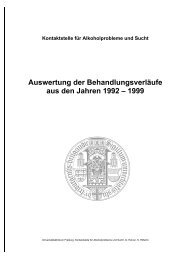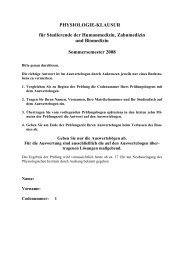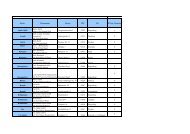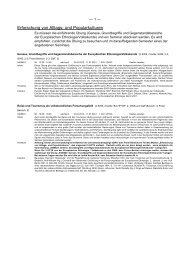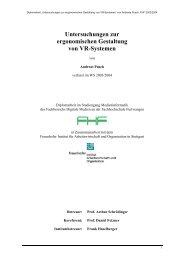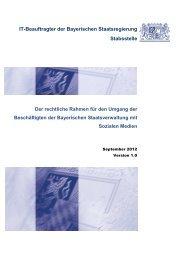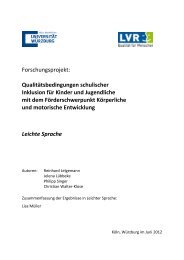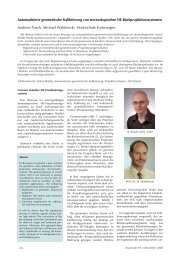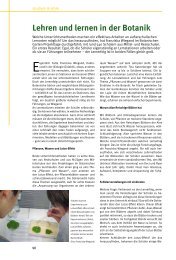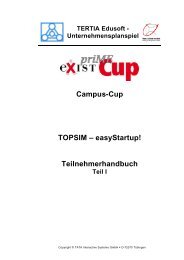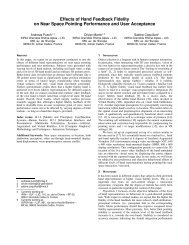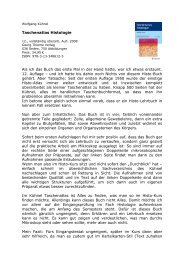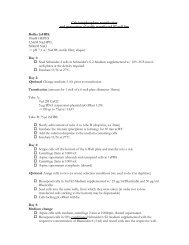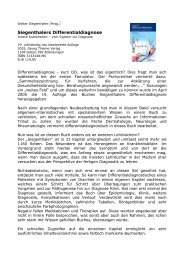Barracuda VPN Client for Linux / Mac OS / OpenBSD
Barracuda VPN Client for Linux / Mac OS / OpenBSD
Barracuda VPN Client for Linux / Mac OS / OpenBSD
Create successful ePaper yourself
Turn your PDF publications into a flip-book with our unique Google optimized e-Paper software.
think carefully about whether this license or the ordinary General Public License is the better strategy to use in any particular<br />
case, based on the explanations below.<br />
When we speak of free software, we are referring to freedom of use, not price. Our General Public Licenses are designed to<br />
make sure that you have the freedom to distribute copies of free software (and charge <strong>for</strong> this service if you wish); that you<br />
receive source code or can get it if you want it; that you can change the software and use pieces of it in new free programs;<br />
and that you are in<strong>for</strong>med that you can do these things.<br />
To protect your rights, we need to make restrictions that <strong>for</strong>bid distributors to deny you these rights or to ask you to<br />
surrender these rights. These restrictions translate to certain responsibilities <strong>for</strong> you if you distribute copies of the library or<br />
if you modify it.<br />
For example, if you distribute copies of the library, whether gratis or <strong>for</strong> a fee, you must give the recipients all the rights that<br />
we gave you. You must make sure that they, too, receive or can get the source code. If you link other code with the library,<br />
you must provide complete object files to the recipients, so that they can relink them with the library after making changes to<br />
the library and recompiling it. And you must show them these terms so they know their rights.<br />
We protect your rights with a two-step method: (1) we copyright the library, and (2) we offer you this license, which gives you<br />
legal permission to copy, distribute and/or modify the library.<br />
To protect each distributor, we want to make it very clear that there is no warranty <strong>for</strong> the free library. Also, if the library is<br />
modified by someone else and passed on, the recipients should know that what they have is not the original version, so that<br />
the original author's reputation will not be affected by problems that might be introduced by others.<br />
Finally, software patents pose a constant threat to the existence of any free program. We wish to make sure that a company<br />
cannot effectively restrict the users of a free program by obtaining a restrictive license from a patent holder. There<strong>for</strong>e, we<br />
insist that any patent license obtained <strong>for</strong> a version of the library must be consistent with the full freedom of use specified in<br />
this license.<br />
Most GNU software, including some libraries, is covered by the ordinary GNU General Public License. This license, the GNU<br />
Lesser General Public License, applies to certain designated libraries, and is quite different from the ordinary General Public<br />
License. We use this license <strong>for</strong> certain libraries in order to permit linking those libraries into non-free programs.<br />
When a program is linked with a library, whether statically or using a shared library, the combination of the two is legally<br />
speaking a combined work, a derivative of the original library. The ordinary General Public License there<strong>for</strong>e permits such<br />
linking only if the entire combination fits its criteria of freedom. The Lesser General Public License permits more lax criteria<br />
<strong>for</strong> linking other code with the library.<br />
We call this license the "Lesser" General Public License because it does Less to protect the user's freedom than the ordinary<br />
General Public License. It also provides other free software developers Less of an advantage over competing non-free<br />
programs. These disadvantages are the reason we use the ordinary General Public License <strong>for</strong> many libraries. However, the<br />
Lesser license provides advantages in certain special circumstances.<br />
For example, on rare occasions, there may be a special need to encourage the widest possible use of a certain library, so that<br />
it becomes a de-facto standard. To achieve this, non-free programs must be allowed to use the library. A more frequent case<br />
is that a free library does the same job as widely used non-free libraries. In this case, there is little to gain by limiting the free<br />
library to free software only, so we use the Lesser General Public License.<br />
In other cases, permission to use a particular library in non-free programs enables a greater number of people to use a large<br />
body of free software. For example, permission to use the GNU C Library in non-free programs enables many more people to<br />
use the whole GNU operating system, as well as its variant, the GNU/<strong>Linux</strong> operating system.<br />
Although the Lesser General Public License is Less protective of the users' freedom, it does ensure that the user of a<br />
program that is linked with the Library has the freedom and the wherewithal to run that program using a modified version of<br />
the Library.<br />
The precise terms and conditions <strong>for</strong> copying, distribution and modification follow. Pay close attention to the difference<br />
between a "work based on the library" and a "work that uses the library". The <strong>for</strong>mer contains code derived from the library,<br />
whereas the latter must be combined with the library in order to run.<br />
Terms and Conditions <strong>for</strong> Copying, Distribution and Modification<br />
0. This License Agreement applies to any software library or other program which contains a notice placed by the copyright<br />
holder or other authorized party saying it may be distributed under the terms of this Lesser General Public License (also<br />
called "this License"). Each licensee is addressed as "you".<br />
A "library" means a collection of software functions and/or data prepared so as to be conveniently linked with application<br />
programs (which use some of those functions and data) to <strong>for</strong>m executables.<br />
32 <strong>Barracuda</strong> Networks Warranty and Software License Agreement



